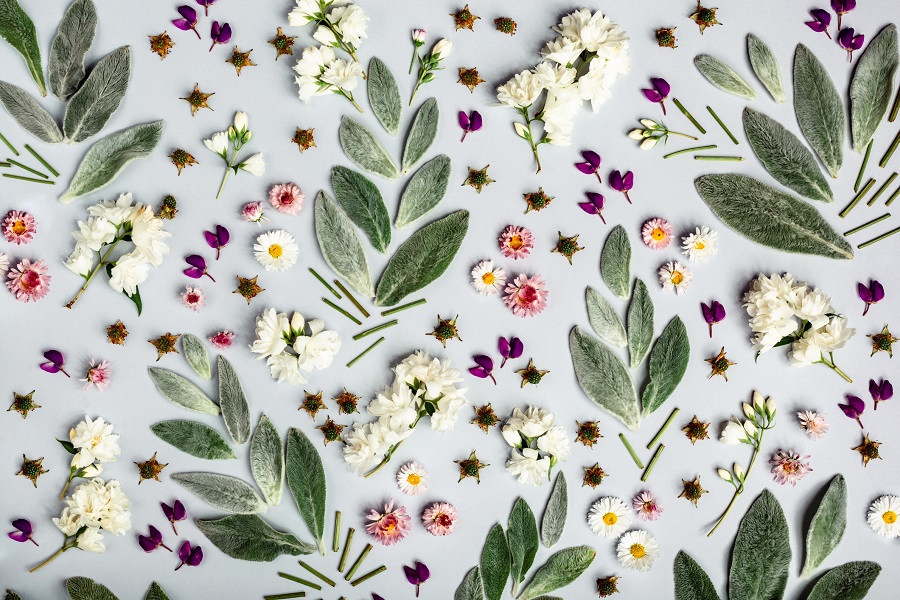The global botanical beverage market, expected to reach $608 million by the end of 2033, is driven by consumer preferences for functional, flavorful, and convenient products. This trend is particularly evident in the energy and sleep categories. According to industry expert Getzel, botanicals are no longer limited to niche products but are being incorporated into mainstream offerings by large beverage manufacturers. They add complexity to flavors without alienating customers, even when not explicitly highlighted on product labels. Botanicals, including herbs, florals, and mushrooms, are perceived as functional and healthy, contributing to the blurring of categories within the beverage landscape.
Consumer perception plays a crucial role in the demand for botanical-infused beverages. When paired with scientifically supported ingredients, botanicals are seen as making products healthier, even if their efficacy is not fully understood. Ingredient education provided through social media platforms further reinforces the appeal of botanicals, highlighting their historical and regional significance. The health halo surrounding botanicals and adaptogens is particularly attractive to consumers seeking benefits related to immunity, cognitive support, sleep, relaxation, digestive support, and energy. This increased interest in wellness, especially in the wake of the pandemic, has resurrected the concept of food as medicine from the 1970s.
Certain botanicals have gained popularity as consumers seek specific benefits. Getzel mentioned that floral botanicals like lavender and elderflower are sought after for their calming effects, while guarana and yerba mate are favored for energy enhancement. Coffee and citrus can also be considered botanical extracts due to their potential health benefits. Formulating botanical-infused beverages presents challenges, particularly in striking the right flavor balance and offsetting bitter notes. Kerry’s natural modulators help maintain the natural label and address these formulation hurdles.
Beyond their health benefits, botanicals also present an opportunity for brands to highlight their commitment to environmental responsibility. However, consumers must navigate the issue of greenwashing, which can impact a company’s reputation and customer satisfaction. Kerry aims to source its priority raw materials responsibly by 2030, considering factors such as labor conditions, environmental impact, human rights, and carbon footprint. Partnerships with organizations like the Café Femenino Foundation demonstrate the company’s commitment to supporting women coffee farmers and promoting sustainability. Kerry’s responsible sourcing initiatives allow customers to showcase their support for these initiatives by incorporating symbols on their packaging.
Overall, the botanical beverage market’s growth is driven by consumer preferences for functional and convenient products. Incorporating botanicals into mainstream offerings allows for flavor complexity without alienating customers. The health halo surrounding botanicals and adaptogens meets increased demand for wellness-focused products. Responsible sourcing practices further enhance the appeal of botanical-infused beverages by addressing concerns about environmental responsibility.




